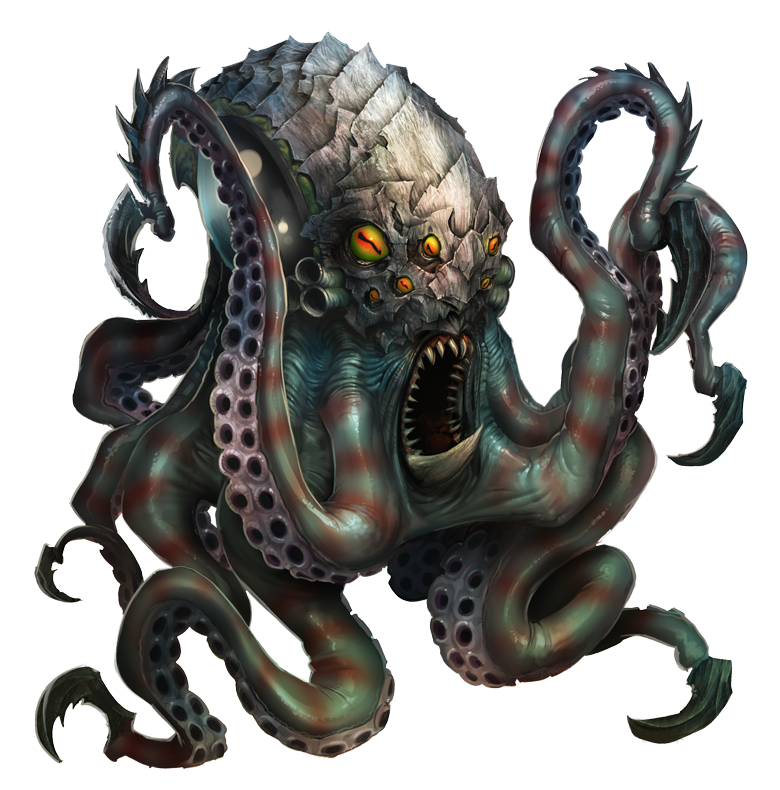 Submitted by BRENCIS CYRUS -... on
Submitted by BRENCIS CYRUS -... on

Image by Joshua Nicholas Vanhaltren from Pixabay
Cosmicism is the literary philosophy developed and used by the American writer H.P. Lovecraft in his weird fiction. Lovecraft was a writer of philosophically intense horror stories that involve occult phenomena like astral possession and alien miscegenation, and the themes of his fiction over time contributed to the development of this philosophy.
The philosophy of cosmicism states "that there is no recognizable divine presence, such as a god in the universe and that humans are particularly insignificant in the larger scheme of intergalactic existence." The most prominent theme is humanity's fear of their insignificance in the face of an incomprehensibly large universe - a fear of the cosmic void.
Cosmicism and human centric views of the universe are incompatible. Cosmicism shares many characteristics with nihilism, though one important difference is that cosmicism tends to emphasize the insignificance of humanity and its doings, rather than summarily rejecting the possible existence of some higher purpose (or purposes); e.g., in Lovecraft's Ctuhlhu stories, it is not the absence of meaning that causes terror for the protagonists, as it is their discovery that they have absolutely no power to change anything in the vast, indifferent universe that surrounds them. In Lovecraft's stories, whatever meaning or purpose may be invested in the actions of the cosmic beings is completely inaccessible to the human characters.

cleanpng.com
Lovecraft's cosmicism was a result of his complete disdain for all things religious, his feeling of humanity's existential helplessness in the face of what he called the "infinite spaces" opened up by scientific thought, and his belief that humanity was fundamentally at the mercy of the vastness and emptiness of the cosmos.

Image by OpenClipart-Vectors from Pixabay
Cosmicism, which focuses on the insignificance of humanity and its doings at the cosmos-at-large, in contrast to the anthropocentric philosophies in which many find intellectual reassurance. This form of non-anthropocentrism is crucial to the philosophy of Cosmicism. The question of the meaning of life was better left unanswered. Cosmicism is a type of extreme existentialism, as it brings up the uncertainty about the role of humanity in the uncaring universe, an existential crisis on a large scale. Lovecraft embraces the truth of reality. Things are important to us on the human scale, but we simply don’t matter in the cosmos. He described us as "the miserable denizens of a wretched little flyspeck on the back door of a microscopic universe.”
https://en.wikipedia.org/wiki/Cosmicism
- 890 reads